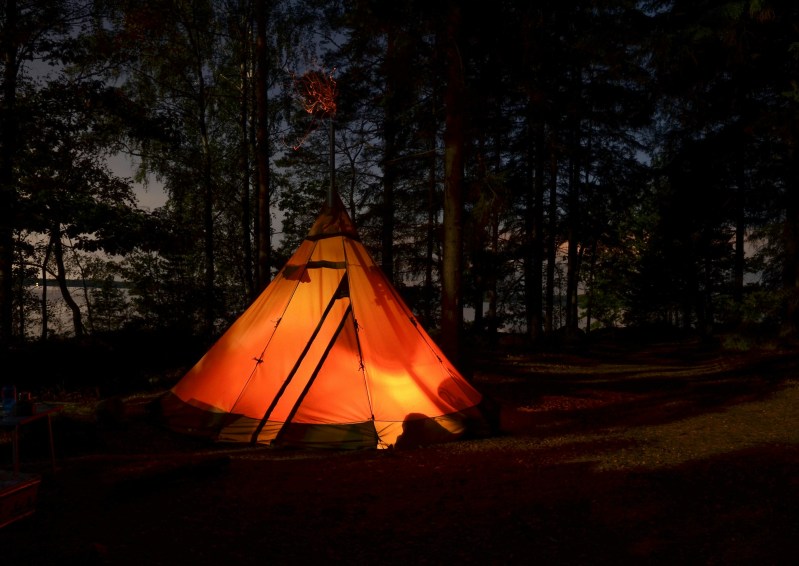
In recent years, a noticeable surge in outdoor enthusiasm has led to a dramatic increase in the popularity of campgrounds, particularly first-come, first-served sites (FCFS). This trend is documented by The Dyrt’s 2024 Camping Report, which echoes campers’ experiences and raises important questions about access, sustainability, and the future of outdoor recreation.
Dyrt, an app for finding camping availability, photos, and reviews, found that campers in 2023 were twice as likely to encounter a fully occupied FCFS campground compared to 2020. FCFS campgrounds, which don’t require advance reservations, have traditionally offered flexibility and spontaneity for outdoor adventurers. However, increased demand is now challenging this freedom. In 2023, 23.4% of campers reported finding these campgrounds full, a significant rise from 11.1% in 2020.
The rise in campground popularity isn’t limited to FCFS sites. Campgrounds accepting reservations also saw a high demand, with 45.5% of campers in 2023 reporting difficulties in booking due to sold-out conditions. However, this number actually marks a decrease from 58.4% in 2022, suggesting that reservation-based campgrounds are somewhat better at managing the increased interest in camping.
This surge in campground usage is part of a broader “camping boom.” Triggered by various factors, including the desire for affordable vacation options, the appeal of disconnecting from digital life, and the increased awareness of the mental and physical benefits of spending time outdoors, more people than ever are seeking refuge in nature.
However, this boom comes with its challenges. Most FCFS campgrounds are public and face difficulties in expanding capacity. This limitation means turning away an increasing number of campers.
In response to these challenges, private campgrounds are adding more sites and offering diverse camping options.
How full campgrounds might affect your camping experience

So, what does this mean for the future of camping? It’s a complex picture. On one hand, the increasing popularity of
As we move forward, it’s crucial for campers, campground operators, and conservationists to work together. This collaboration should aim at ensuring that the joys of camping remain accessible and sustainable. Planning, flexibility, and a commitment to environmental stewardship will be key. Whether you’re a first-timer or a seasoned outdoor enthusiast, it’s our collective responsibility to answer it through our actions.
Sustainable camping means leaving minimal impact on the natural environment and maintaining its pristine condition for future visitors and wildlife. This involves adhering to Leave No Trace principles, which include disposing of waste properly, minimizing campfire impacts, respecting wildlife, and being considerate of other visitors. It also encompasses using eco-friendly camping gear, reducing single-use plastics, and staying on designated trails to prevent soil erosion and habitat disturbance.
The future of camping will depend on how well campers and operators balance these dynamics, ensuring that our natural treasures are preserved for generations to come. But as for your trip this summer? Be sure to plan ahead.
Editors' Recommendations
- Hitch up with the 7 best off-road trailers ready to take you anywhere in 2024
- Yosemite National Park is getting a new glamping site with the luxuries you want
- Calm camping is officially the trend for summer 2024
- You can stand in this unique high-roof teardrop trailer (and it sleeps four)
- These are the best multi tools you need to have in your EDC kit, hands down



